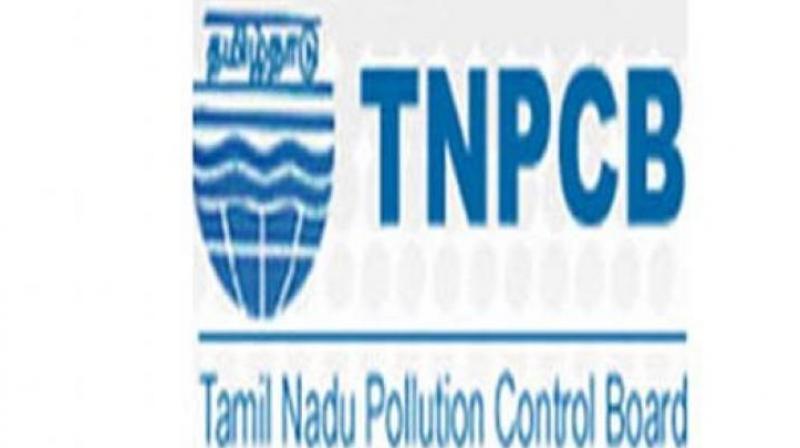INO project: EAC okays environment clearance
The decision was taken at the 28th meeting of EAC held in New Delhi on March 5.

Chennai: The India-based Neutrino Observatory (INO) project, which has remained in cold storage for almost three years, is finally set to take off with the conditional recommendation for environmental clearance by the Expert Appraisal Committee of the Union ministry of environment, forests and climate change (MoEF&CC).
The EAC has directed the Tata Institute of Fundamental Research to obtain consent to establish and operate from the Tamil Nadu Pollution Control Board. It also directed to avail necessary clearances from the National Board of Wildlife before proceeding with the project. The decision was taken at the 28th meeting of EAC held in New Delhi on March 5.
The observatory proposed to be constructed in Bodi West Hills on the Tamil Nadu-Kerala border in Theni district and it is one of the largest basic science projects in the country that would primarily study atmospheric neutrinos produced by cosmic rays in a 1,200 meters deep cave under a mountain.
The EAC’s recommendation for the environmental clearance comes a year after the NGT’s Southern Bench in March 2017 kept the EC for the project in abeyance and has asked the project proponent to file a fresh application as the site was situated within 4.9 km from the Mathikettan Shola National Park in Kerala.
“Actually, we are back to the same stage where we were five years ago when we got our earlier EC (in 2011). We have to proceed to get the pollution control board clearance,” said scientist D. Indumathi from the Institute of Mathematical Sciences (IMSc) and one of the spokespersons for INO.
G. Sundarrajan of Chennai based NGO Poovulagin Nanbargal, has condemned the recommendation of EAC. “We have clearly told the EAC that the INO project should not be considered as a mere construction project because it involves blasting of lakhs of tonnes of rocks using a huge quantity of explosives that would cause a big impact on the environment. Hence it is wrong to seek the EC under the construction category,” he said.
He also said that a fresh environmental impact assessment and a public hearing was not held as the MoEF pitched the project as a special case considering its “national importance”.
What are Neutrinos?
Neutrinos are by far the most abundant particles in the universe. Understanding the elusive elementary particle is a front line problem in modern physics.
They are produced in nuclear fusion processes that power the sun and stars. When a star goes supernova, the process generates an enormous spurt of neutrinos. The Big Bang produced neutrinos—particles that are still zooming through space.
Timeline of INO project
2005: A report was submitted to the then PM identifying a site in Singara in Nilgiris district to build Indian Neutrino Observatory. After 3 years the Ministry of Environment and Forests (MoEF) grant its clearance.
November 2009: The MoEF rejected the chosen site on the basis of a report filed by the Tiger Conservation Authority
January 5, 2015: The Union Cabinet sanctioned '1,500 crore for the construction of the INO’s laboratory
March 26, 2015: The Madurai bench of the Madras High Court passed an interim order that required clearance from the Tamil Nadu Pollution Control Board (TNPCB) before construction work could begin.
May 2015: The application to the TNPCB was submitted. Despite repeated requests from scientists, the board has neither granted nor denied clearance till date.
March 20, 2017: The southern bench of NGT cancelled the clearance for the project and ordered the INO project team to obtain fresh clearance after public hearings.
November 27, 2017: State Expert Appraisal Committee (SEAC) noted that this proposal cannot be appraised by the state as it involved many technical features such as tunnelling and excavation of six lakh cubic metres
March 5, 2018: The Expert Appraisal Committee of Union Ministry of Environment, Forests and Climate Change recommended the project for grant of environmental clearance with certain conditions.

